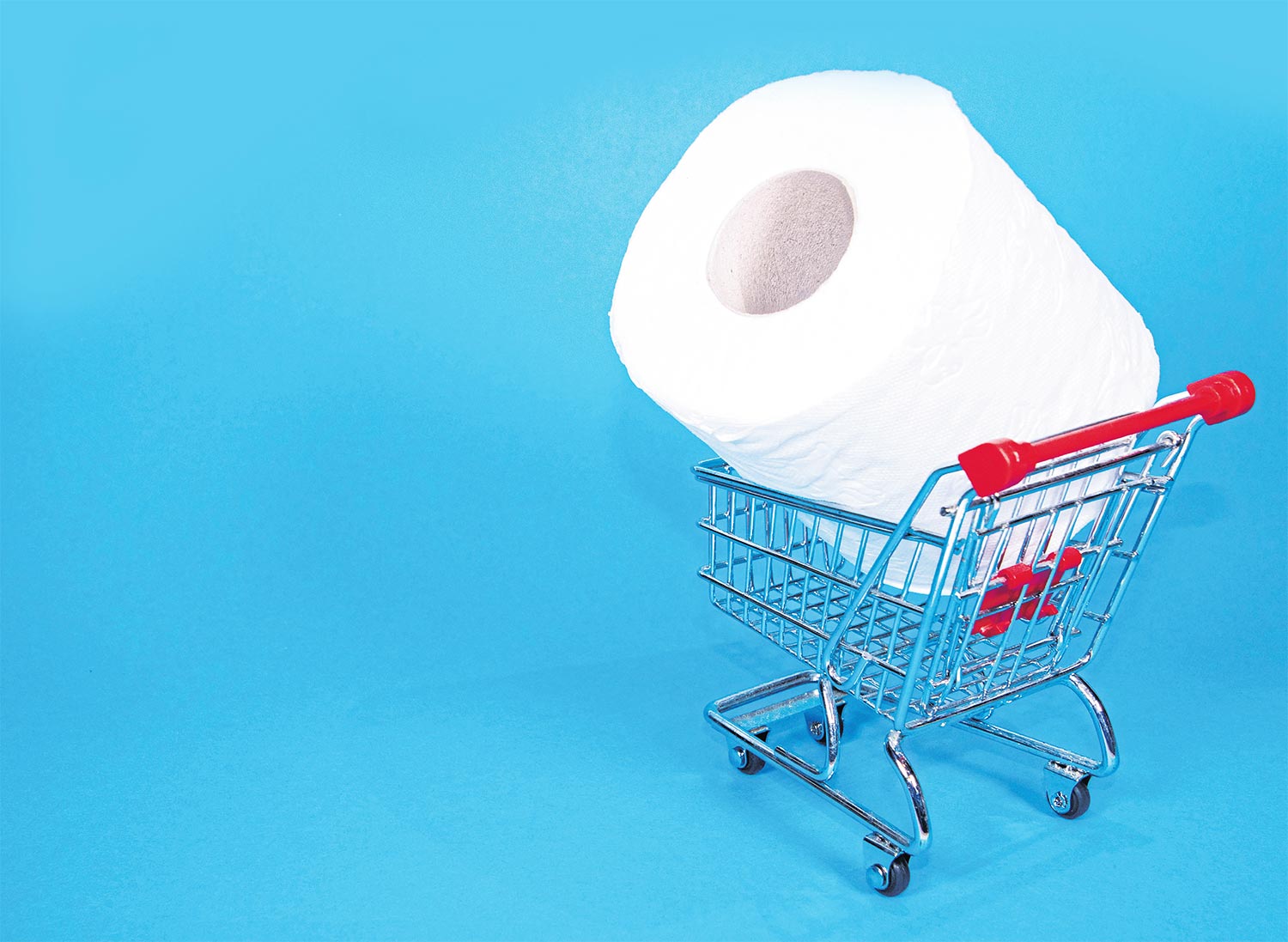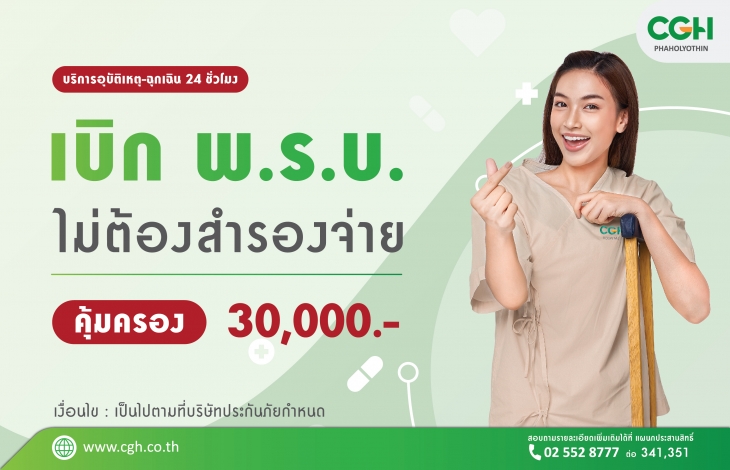Flattening the emotional curve
Exclusived interview with Bangkok Post: https://www.bangkokpost.com/life/social-and-lifestyle/1886005/flattening-the-emotional-curve#cxrecs_s
Flattening the emotional curve
As hours turn into days then weeks, resiliency is a necessary coping mechanism for self-isolation
PUBLISHED : 25 MAR 2020 AT 04:00
NEWSPAPER SECTION: LIFE
WRITER: ARUSA PISUTHIPAN
.jpg)
Department stores are closed. Barber's poles stop moving. Masseurs cease servicing. Bangkok is nearing lockdown as over 820 Thais have fallen victim to Covid-19 -- the newly defined disease that has infected over 370,000 people and killed more than 16,500 around the world.
While the disease caused by the novel coronavirus 2019 takes its toll on the physical health of the world's population, without a doubt people's mental state has greatly been affected, especially by fear, confusion and uncertainty.
The same happens in Thailand where supermarket shelves in many places are emptied and the price of surgical masks skyrockets from 2.5 baht to 15 baht apiece. Even so, the masks -- not to mention alcohol-based sanitisers and other disinfectant products -- are still scarce.
In this kind of circumstance, are Thais just cautious or overly paranoid? How much anxiety is too much?
Psychiatrist Dr Piyawat Dendumrongkul of CGH Hospital said each person has a different threshold to crisis tolerance which heavily depends on how well people can carry on their daily routine in spite of the contingency.
· First Covid-19 case in Ayutthaya
"People today consume a lot of news and information. Even so, if they can still cope and don't let the information affect their daily life too much, that's fine," said Dr Piyawat.
"But if they are worried and stressed out to the point that they are scared to even leave their own bedroom and become too isolated, that is probably too much."
With circulated images of empty supermarket shelves and hypermarkets crammed with people who are panic-buying food and other necessities fuelled by the announcement last Saturday from Bangkok governor Aswin Kwanmuang for a three-week "soft lockdown", this has altered people's mental state.
The US Centers for Disease Control and Prevention (CDC) even reported that fear and anxiety about the Covid-19 pandemic can be overwhelming and cause strong emotions.
According to Dr Piyawat, there are two factors that play a pivotal role in people's mental health during the crisis -- precipitating factors and protective factors. The sad sight of long queues at supermarket cashiers, shelves emptied of toilet paper, instant noodles and ready-to-eat food coupled with the scarcity of surgical-grade masks and other necessities as well as fake alarming news are precipitating factors and only add to people's pressure and anxiety during the Covid-19 outbreak. Balancing those precipitating factors with protective ones are therefore vital.
"In this scenario, protective factors include the right knowledge and awareness," said the psychiatrist. "Governments in various countries such as Singapore have educated people about ways to prevent the infection which gives them better understanding about the situation."

There are certain people that are more mentally vulnerable during the pandemic, the specialist added. Those who suffer psychological illnesses including but not limited to anxiety disorders, depression, mood swings and schizophrenia are more likely to be mentally affected by the Covid-19 outbreak than others.
"Even for normal people, there are more issues of concern during the pandemic. Am I going to catch the virus? What about my children and parents? Will there be enough food if we reach the point of a complete lockdown? These issues can add more anxiety to people who already suffer anxiety disorders, which makes it even worse. Depressive patients can be even more depressed. They might feel like the apocalypse is near or start questioning why they have to face this kind of catastrophe.
"People who already have negative attitudes towards things can turn even more negative and pessimistic," Dr Piyawat added. "One of the direct impacts of the outbreak on mental patients is that the spread of the disease could prevent them from getting regular medical follow-ups or from refilling their drug prescription. If that is the case, their conditions can deteriorate."
The over-consumption of news -- either online or offline -- can turn things from bad to worse. "Some people do not have a clear boundary between public and personal matters. They embrace all public issues as if they were their own. For example, when they see news about how the government takes this and that action, they feel a strong urge to have their voice heard and so they react. This can be very damaging. But living without reading or updating any news is also bad."
The World Health Organization (WHO) recommended in its mental health considerations released earlier this month for people to minimise watching, reading or listening to news that causes them to feel anxious or distressed and that seeking information updates only once or twice a day or any specific times during the day should be sufficient.
"Get the facts, not the rumours and misinformation," recommended the WHO.
Social distancing, self-quarantine and home isolation have been strongly encouraged as a measure to flatten the infection curve. Yet getting away from others and a social life can have different emotional impacts on different people.
"It depends on what kind of a person you are. If you are an introvert, social distancing and home isolation would be your dream come true where you can be fully with yourself. But for those who like partying and going to clubs, for example, they might feel terrible having to stay isolated."
While maintaining strong physical health and personal hygiene is essential at this moment, equally important is to be mentally resistant and resilient to stress, paranoia or even mental breakdown caused by the exponential growth of the outbreak. Looking on the bright side, Dr Piyawat suggested people to consider crisis as opportunity.
"This could be the time when we are forced to reskill and adjust ourselves to survive," he suggested. "School teachers and university lecturers turn to online teaching, for instance, where they have an opportunity to open their eyes to supportive technologies. Companies might turn to the work-from-home mode only to find that certain jobs can be better achieved if they had allowed their staff to work from home in the first place."
espite criticism against the government's efforts to handle the outbreak, Dr Piyawat said there are some improvements, especially in terms of its collaboration with specialists in a field that adds more dimensions to crisis management. Yet amid the fear, doubt and uncertainty caused by the government itself, the psychiatrist strongly believes positive thoughts would enable Thai people to be mentally immune and get them through the present ordeal.
"Looking at things with a negative mindset would never do any good," he concluded. "This is not to say that people should be overly optimistic either. To be emotionally strong in time of a crisis like this, people need to look into positive possibilities. At the same time, they must always be prepared."
FINDING HELP AT HOME
The World Health Organization's Department of Mental Health and Substance Use earlier this month issued guidance for different groups of people to provide them with support during the Covid-19 pandemic. Here are some of the recommendations.
General population
- As the disease affects people from many countries, in many geographical locations, it is important to not attach it to any ethnicity or nationality. Be empathetic to all those who are affected, in and from any country. People who are affected by Covid-19 deserve our support, compassion and kindness.
- Do not refer to people with the disease as "Covid-19 cases", "victims", "Covid-19 families" or "the diseased". They are "people who have Covid-19", "people who are being treated for Covid-19", "people who are recovering from Covid-19", and after recovering from Covid-19 their life will go on with their jobs, their families and loved ones. It is important to separate a person from having an identity defined by Covid-19, to reduce stigma.
- Protect yourself and be supportive to others. Assisting others in their time of need can benefit the person receiving support as well as the helper.
Older adults, care providers and people with underlying health conditions
- Older adults, especially in isolation and those with cognitive decline/dementia, may become more anxious, angry, stressed, agitated and withdrawn during the outbreak/while in quarantine. Provide practical and emotional support through informal networks (families) and health professionals.
- Share simple facts about what is going on and give clear information about how to reduce risk of infection in words older people with/without cognitive impairment can understand. Instructions need to be communicated in a clear, concise, respectful and patient way.
- If you have an underlying health condition, make sure to have access to any medications that you are currently using.
- Learn simple daily physical exercises to perform at home, in quarantine or isolation to maintain mobility and reduce boredom.
- Keep regular routines and schedules as much as possible or help create new ones in a new environment, including regular exercising, cleaning, daily chores, singing, painting or other activities.
People in isolation
- Stay connected and maintain your social networks. Even when isolated, try as much as possible to keep to your personal daily routines or create new routines. You can stay connected via email, social media, video conference and telephone.
- During times of stress, pay attention to your own needs and feelings. Engage in healthy activities that you enjoy and find relaxing. Exercise regularly, keep regular sleep routines and eat healthy food. Keep things in perspective.
- A near-constant stream of news reports about an outbreak can cause anyone to feel anxious or distressed. Seek information updates and practical guidance at specific times during the day from health professionals and the WHO website and avoid listening to or following rumours that make you feel uncomfortable.
สมัครรับข่าวสาร
อัพเดทข้อมูลข่าวสาร แพ็กเกจและโปรโมชั่น ส่งตรงถึงคุณเป็นคนแรก

